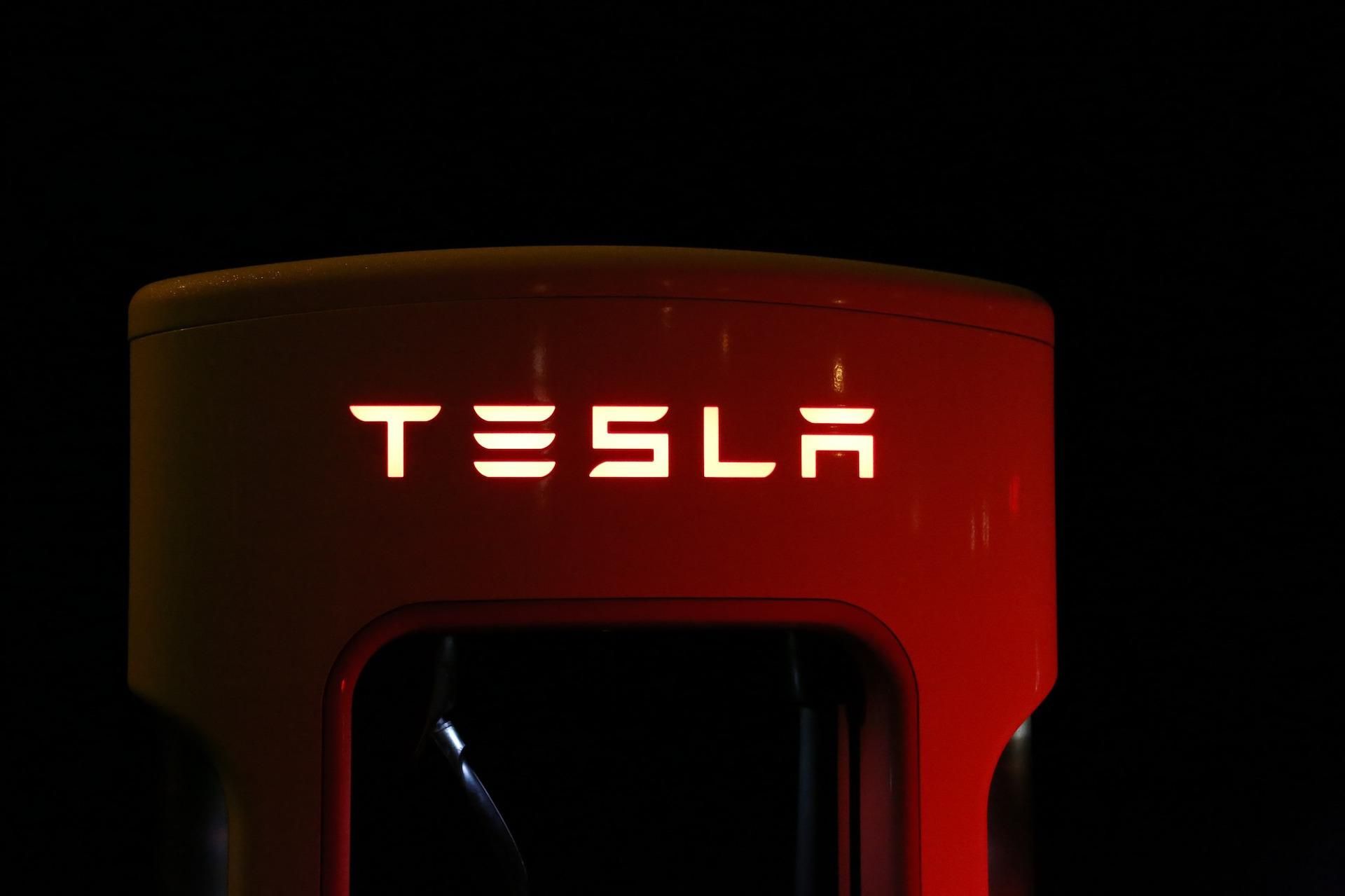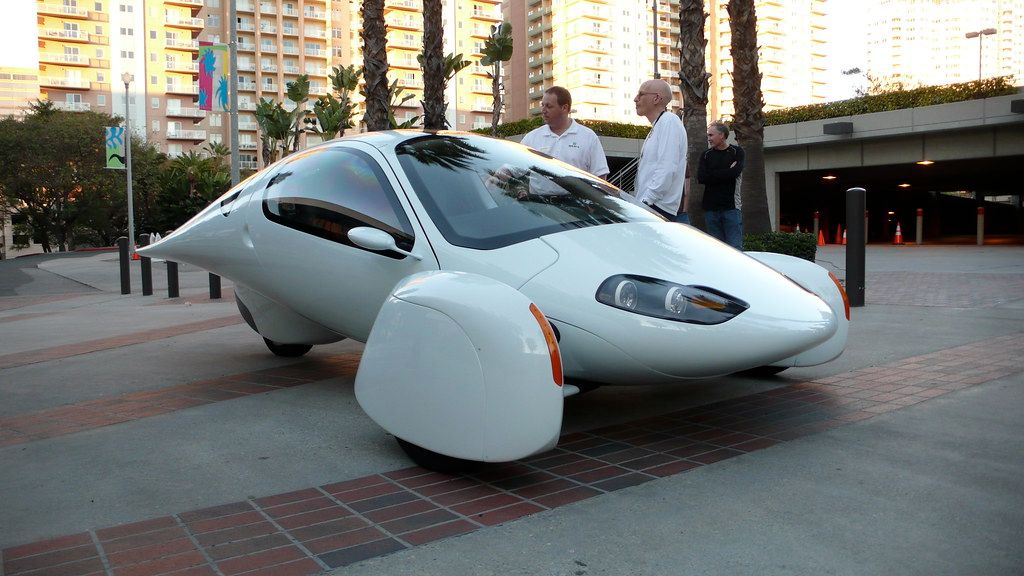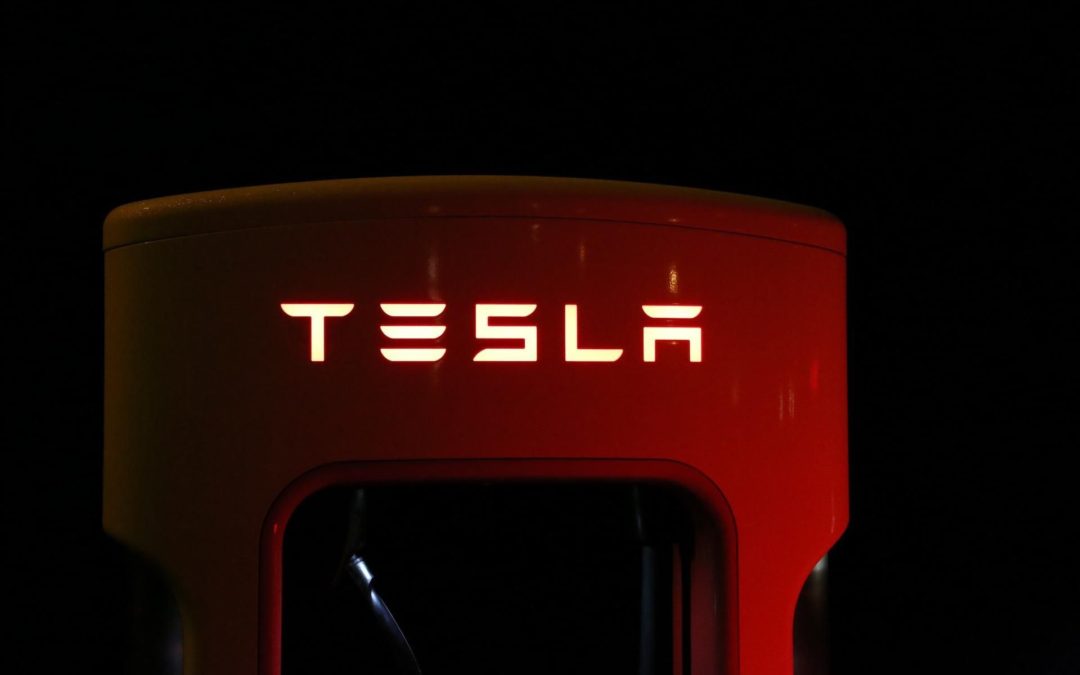
Electric vehicles offer a lot of advantages over their more traditional equivalents. Beyond being green, they are simple constructions that provide a silent, smooth ride and a low center of gravity.

Yet, despite their inherent advantages, there are still reasons to choose a fossil vehicle. A frequent objection against electric cars is that batteries degrade over time, meaning an expensive replacement at some point during the vehicle's lifespan.
Of course, the industry is aware of both the potential of electric vehicles and where there's room for improvement. In 2016, Tesla established a collaboration with the Dalhousie University in Halifax, Canada, known as Tesla Advanced Battery Research. At the forefront of this research is Jeff Dahn, who is considered a pioneer in Lithium-ion batteries.
Together with a handful of other researchers, Dunn recently published a paper about how nickel-based batteries could be improved to exceed the longevity of lithium-based batteries while retaining the higher energy densityoffered by currently available nickel batteries.
The paper states that if temperatures were to be maintained at 25c, the lifetime could reach a century. Thus, instead of being a component that might need replacing during the vehicle's lifespan, you can reuse your old one for your new car.
The prospect of buying a new car at a discounted price by opting out of a new battery seems appealing. And of course, higher energy density means that a smaller and lighter battery could achieve the same range, bringing prices down.







